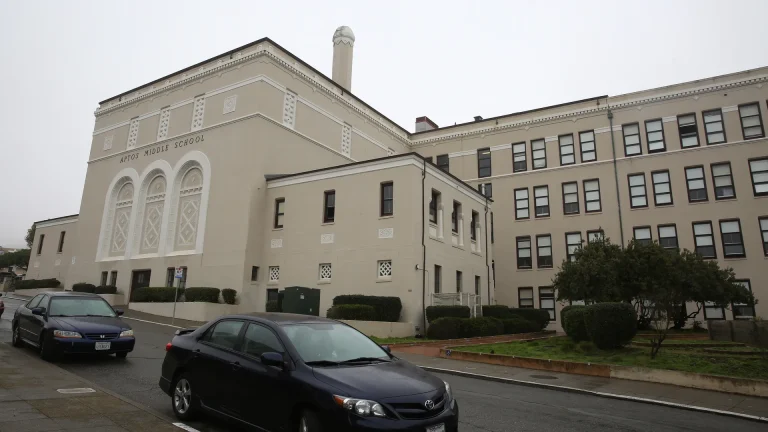A coalition of congressional Democrats, including influential figures such as Majority Leader Chuck Schumer, Senators Elizabeth Warren and Bernie Sanders, is urging Education Secretary Miguel Cardona to extend government negotiations focused on expanding student loan relief. This plea comes in the aftermath of the Supreme Court’s rejection of President Joe Biden’s initial plan.
In an exclusive letter shared with USA TODAY, the lawmakers advocate for the inclusion of a fourth session in the federal policy negotiations, which concluded in December after three sessions in the fall. The concern is that without additional input from a broader spectrum of stakeholders, the upcoming plan may inadvertently exclude certain borrowers who urgently need assistance.
The lawmakers express appreciation for the Education Department’s efforts but stress the importance of fully considering the diverse categories of borrowers facing a range of financial struggles. They assert that without comprehensive input, the resulting rule may not provide adequate debt relief for the most vulnerable borrowers.

Read more:
- State Board Restricts Funding for DEI Programs in Florida Universities
- Diversity Defenders: Students Stand Strong for Diversity Amidst Florida’s Shift
- Legal Clash: Texas School Entangles in Legal Dispute Over Black Student’s Dreadlocks
- Decision on Hiring Immigrant Students Deferred by UC Board
Advocacy Echoed by Borrower Groups
This call for an extension aligns with the sentiments of 67 borrower advocacy groups that, in a separate letter to Secretary Cardona, emphasized the urgency of providing relief without bureaucratic hindrances. The groups urged the department not to let timelines impede crucial assistance for the American people.
In response to these concerns, the Education Department emphasizes its commitment to swiftly providing student debt relief to as many borrowers as possible. However, the previous round of negotiations in December left some members of the federal committee dissatisfied. The department refrained from delving deeper into relief options for borrowers facing unique hardships not addressed by the existing student loan system.
The Push for Comprehensive Relief
Negotiators expressed disappointment over the department’s apparent reluctance to think more expansively. While officials hinted at discussing an extension, no firm commitment was made at that time. The December meeting revealed differences of opinion, with some negotiators advocating for broader relief without caps or cliffs.
Adding another negotiation session, while not unprecedented, poses challenges, including potential delays in finalizing broad-based forgiveness. The Education Department aims to present a proposal by May, eyeing completion before the November presidential election. However, the lawmakers and advocacy groups contend that a more inclusive approach is paramount, even if it means extending the negotiation timeline.
Conclusion
The push by congressional Democrats and borrower advocacy groups for an extension of student loan relief negotiations underscores the urgency and complexity of the issue. Striking a balance between comprehensive relief and timely execution remains a challenge, with differing opinions among stakeholders. As the Education Department navigates these considerations, the final outcome will significantly impact the financial well-being of student borrowers across the nation.















+ There are no comments
Add yours